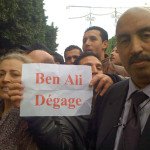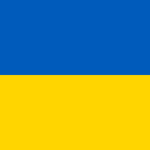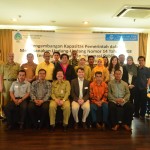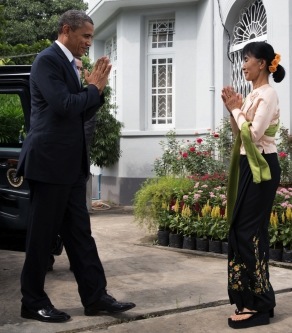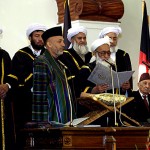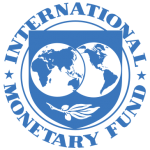Click here for the full Report
In a major Report released today, Reconceptualising Copyright: Adapting the Rules to Respect Freedom of Expression in the Digital Age, CLD examines the current copyright rules from the perspective of freedom of expression. The Report finds that the rules signally fail to respect basic freedom of expression standards and proposes dramatic changes to bring copyright into line with its core purpose of promoting expression.
“Despite all of the rhetoric, there have been few attempts to conduct a rigorous analysis of copyright from the perspective of freedom of expression,” said Toby Mendel, Executive Director of CLD. “We are proposing some major changes to the current regime to provide for an appropriate balance between the need for authors to earn a living and to bring the rules into line with the needs of the digital age in which we live.”
Key recommendations made in the Report include:
• A clear distinction needs to be made between author’s moral rights and the economic protection afforded by copyright law.
• Economic copyright protection should apply only where authors specifically assert it and where it is necessary to incentivise creation.
• The duration of economic copyright protection should be significantly reduced and should be based on market conditions rather than the life of the author.
• Creative derivative uses of existing works should benefit from broad protection.
• Sanctions for copyright infringement should not include loss of access to the Internet and criminal sanctions should be limited to commercial-scale breaches.
For further information, please contact:
Michael Karanicolas
Legal Officer
Centre for Law and Democracy
email: michael@law-democracy.org
tel: +1 902 448-5290
www.law-democracy.org
twitter: @law_democracy










